China vows to shield firms from US sanctions over restive Xinjiang region
Beijing has pledged to safeguard the Chinese firms and institutions that have been recently sanctioned by the United States over alleged human rights violations against the Uighur Muslim minority in the restive western region of Xinjiang.
"China will take all necessary measures to protect the legal rights and interests of Chinese companies," Chinese Foreign Ministry spokesman Zhao Lijian said at a regular press briefing in Beijing on Monday.
On Friday, the US Commerce Department announced that it has added 33 Chinese firms and institutions to an economic blacklist, citing national security concerns and Beijing's maltreatment of its Uighur Muslim minority.
The blacklisted companies focus on artificial intelligence and 5G communication networks.
The commerce department said in a statement that nine companies were included in the list for their alleged complicity in human rights violations and abuses, mass arbitrary detention, forced labor and high-technology surveillance against Uighur Muslims and other ethnic minorities in Xinjiang.
The blacklisted companies will be subject to sanctions, which restrict their access to American technology and the purchase of US-related goods, the department added.
China said the United States needed to reverse the decision, saying the Commerce Department had "stretched the concept of national security" to "meddle in China's affairs and harm China's interests."
The latest US sanctions follow a similar measure last October when the Commerce Department added 28 Chinese public bureaus and companies -- including a video surveillance company—to a US trade blacklist over the treatment of Uighurs.
Resource-rich and strategically located on the borders of Central Asia, Xinjiang Uygur Autonomous Region is key to China’s growing energy needs.
The community, which makes up about 45 percent of the region’s population, has long accused Beijing of cultural, religious and economic discrimination.
Last year, a UN human rights panel alleged that up to two million Uighurs had been forced into “political camps for indoctrination” in the autonomous region, which is home to about 10 million Uighurs.
China rejects claims of mistreating Uighurs, saying it has been taking anti-terrorism measures against separatists in the region who are seeking to join Takfiri outfits such as al-Qaeda.
Beijing describes the camps in Xinjiang as “vocational education and employment training centers,” which are part of its efforts to tackle underdevelopment and a lack of employment in the area.
The development is the latest escalation in a row between the United States and China, which has intensified this year over the coronavirus pandemic.
More recently, the world’s two largest economies have also clashed over the Hong Kong pro-independence movement and US support for Taiwan, which China claims full sovereignty over it.
Never again is now: How global companies are complicit in Israel's genocide in Gaza
What the expansion of BRICS means for the world
Syria situation won’t impact Iran-Russia strategic partnership: Russian FM
UAE-backed forces kill 21 in attack on Sudan shelter
VIDEO | Press TV's News Headlines
Ethnic cleansing happening in Christian town in Syria: Rights group
Iran commiserates with South Korea, Thailand over deadly plane crash
Dey 9 epic: IRGC says ready to defend Iran's security


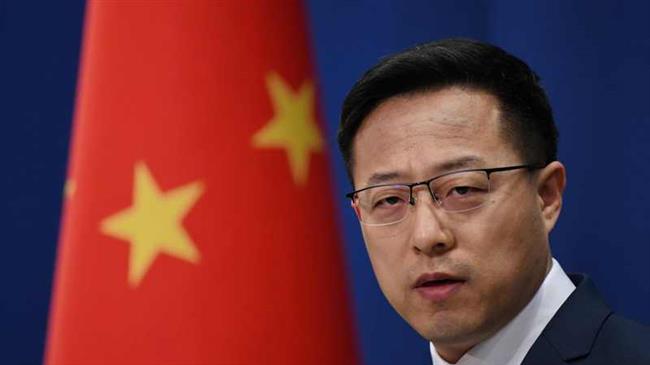


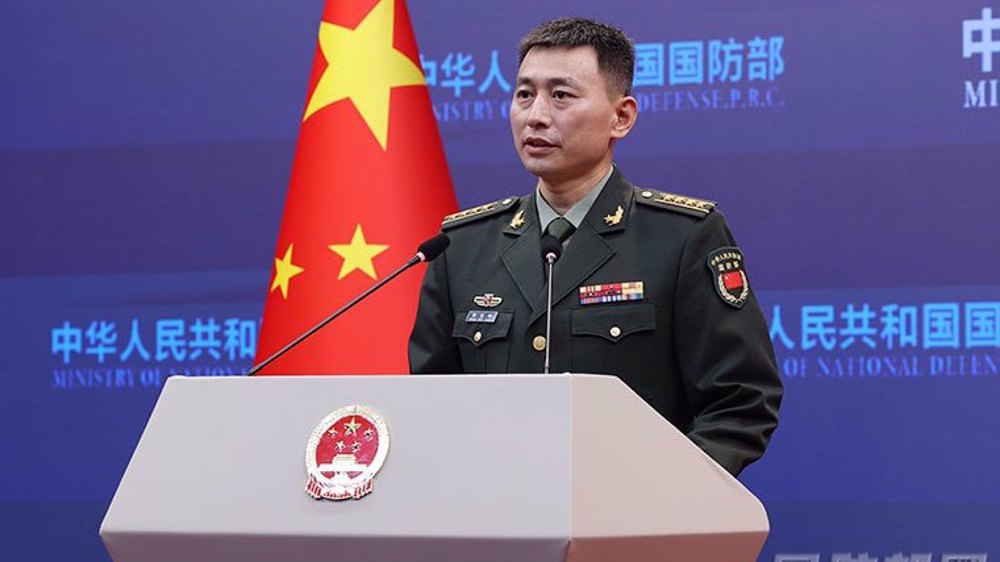
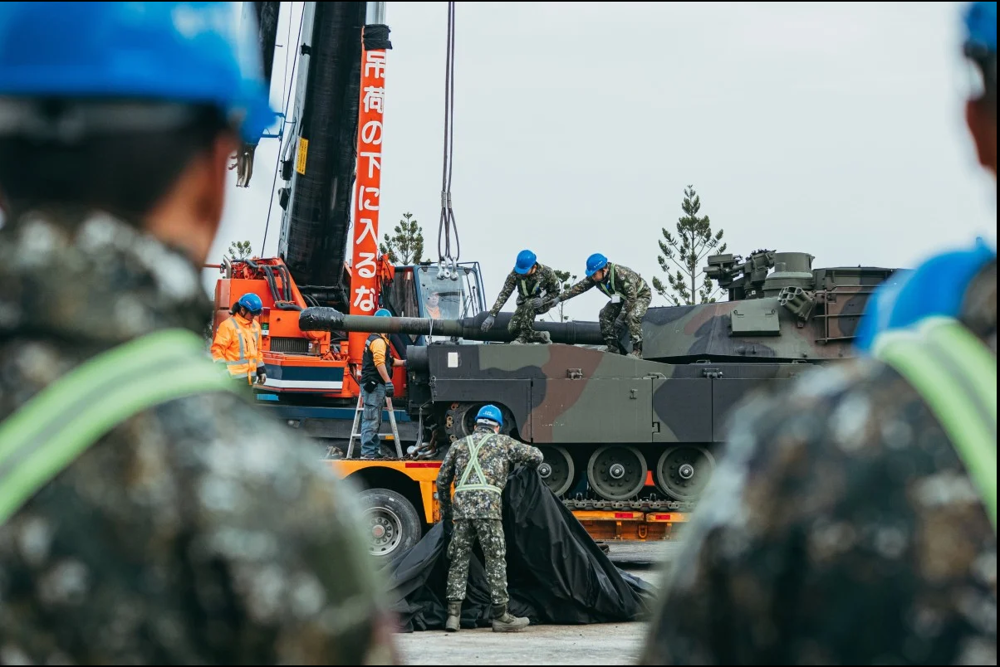




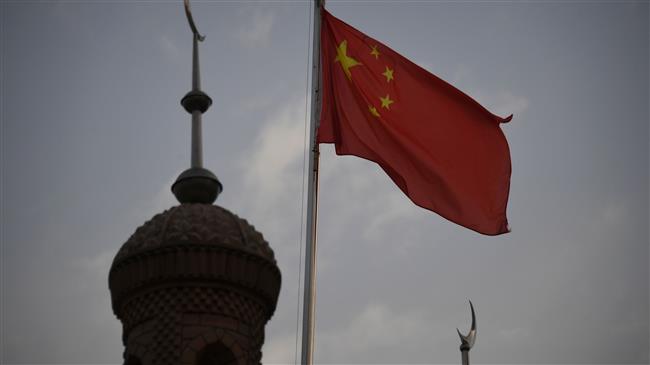
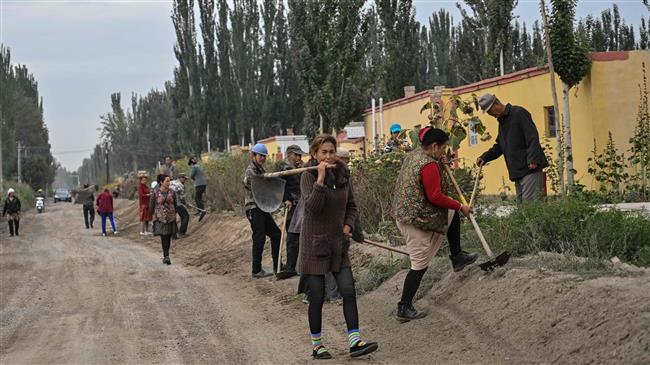
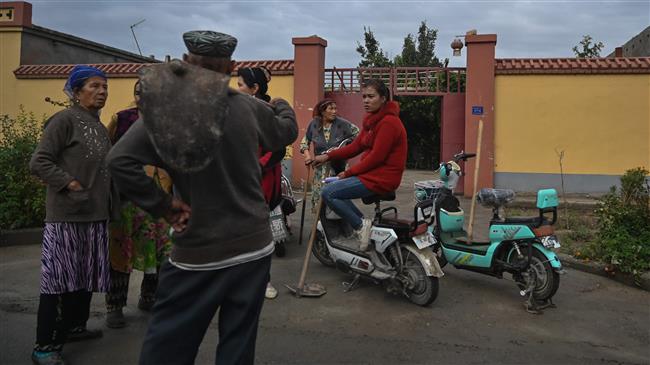
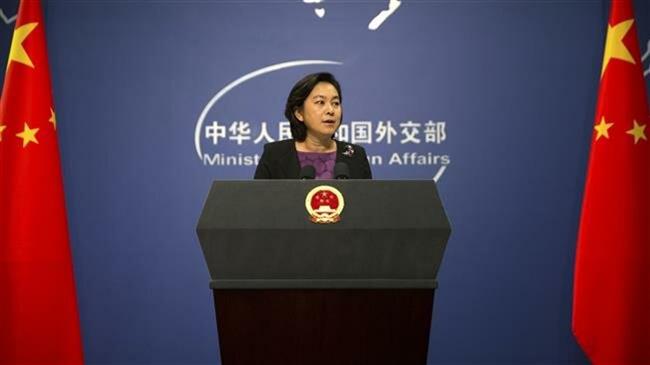
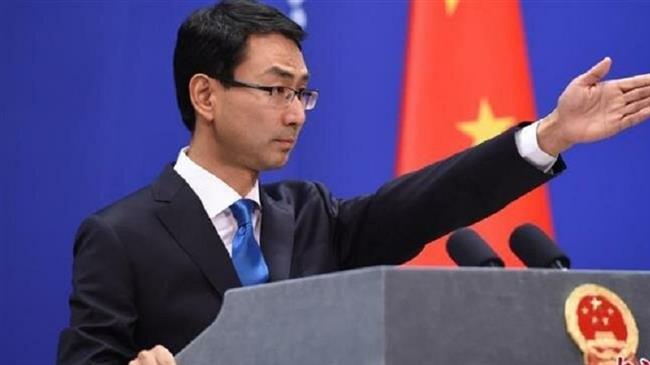

 This makes it easy to access the Press TV website
This makes it easy to access the Press TV website